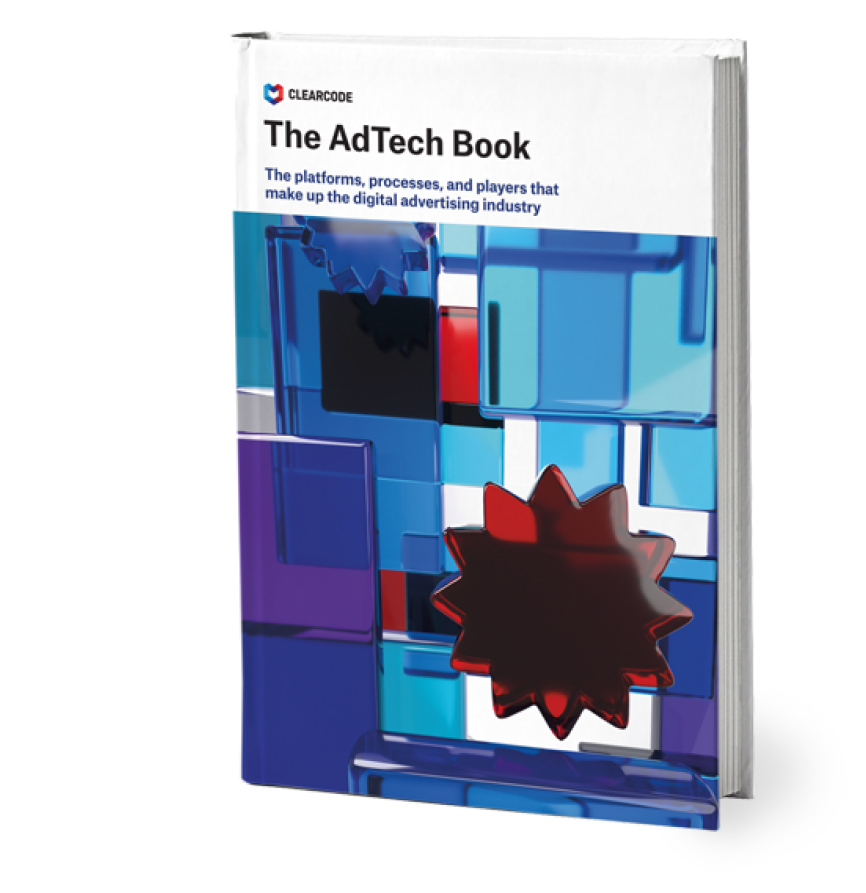Another week, another edition of Insider’s View: Ad Tech & MarTech Q&A. And this week we caught up with Scott Vaughan, the CMO at Integrate, and got his views on the changes, challenges, and trends in the Ad Tech & MarTech industries.
You can connect with Scott on LinkedIn and follow him on Twitter.
1. Can you tell us a bit about your background and expertise in the Ad Tech and MarTech industries?
I feel very fortunate to be in a unique position in that I am a marketer who grew up in the tech industry. This helped me become very comfortable with technology and what it enabled, especially living through the IT boom in the 90s and 2000s (it looks eerily similar to the explosion MarTech is going through now).
In my current role as CMO at Integrate, not only am I leading a team using MarTech to grow and scale our software business, I get to work on applying Integrate and MarTech solutions with hundreds of B2B marketing teams. This front seat of the rollercoaster position allows us to learn so much, both strategically and tactically, so quickly. The spotlight pressure of this position means we also have to “drink our own champagne”, using MarTech to advance our business. I really enjoy this challenge.
2. What specifically does Integrate do and how does it fit into the larger online marketing picture?
Integrate is a first mover in the emerging field of demand orchestration. Today, B2B marketers waste billions of dollars and resources on manual tasks and misaligned top-funnel program investment that are forced to drive volume over quality in order to hit sales pipeline goals.
Integrate’s software tools, data and integrations sit on top of marketing automation and CRM to automate top-funnel programs, data sources and channels (content syndication, events, inbound lead gen, for example). Our B2B customers, such as Dell, Rackspace, CA and Pluralsight, use the software to also validate, append and enhance data before it is injected into marketing automation. These tools and automated processes ensure lead data marketability and increased pipeline conversion. Many analysts have called this demand orchestration layer at the top of the funnel as the missing piece in the need for a fully automated, integrated funnel.
3. What have been some of the biggest changes in online marketing that you’ve seen over the past 5-10 years?
Wow, there are so many changes and advances. It’s fun and scary at the same time to be a marketer. But from my chair, there is one big shift and one incredibly powerful tool marketers now have in our arsenal. The game-changing trend is the power and knowledge has shifted to the customer/consumer (buyer) instead of the vendor (seller). They are hyper-connected, have access to info and can learn more about your solution with a few clicks or a quick note to their social media connections. This has caused us to make foundational changes in how we market, how we work with sales, and where we spend our time as marketers.
The monster change in terms of capabilities is the availability of data to fuel and inform our marketing effort. This means we have at our fingertips: 1) performance data to guide and optimize our investments and 2) customer/prospect data to better engage and serve our customers. These can radically improve marketing’s ability to directly impact the business. The downside is that when data is used improperly, it can overwhelm marketing teams, or worse, destroy your relationship with customers. These shifts have to be understood and fundamental to all marketing strategies.
4. What do you see as the biggest challenges in Ad Tech/MarTech currently?
MarTech is still in its early stages, so there are plenty of challenges. One of the most significant challenges I see is the lack of marketing technology skills and experience to identify, deploy and optimize the use of MarTech tools. Marketing technology has tremendous value but it’s simply an enabler of our marketing strategy and requirements. You would not have somebody who has their driver’s license suddenly out driving a big rig, or even scarier, hitting the Formula One circuit.
Today, the ability to efficiently and effectively get business value can be challenging, especially when you don’t have the MarTech talent. It becomes even more complicated when you have to integrate multiple technologies, processes and data flows to deliver on the promised value. We are definitely making progress, but we are still learning “on the job” both as practitioners and as an industry. And they are not teaching MarTech in school, yet! The good news is, like all industries that automate and adopt technology, we will get there.
5. In your opinion, what trends do you think we’ll see in Ad Tech/MarTech in 2017?
My purview is B2B MarTech, so here are a few:
1. The industry rush for MarTech “gold” will continue. With CMOs and marketing teams spending on technology, more players and more solutions will come to market. Marketers should not be freaked out and buy into the fear mongering with grand visions of needing to sort through 4000+ vendors. Every growing market has this challenge. My advice is to define the core platforms you use today (marketing automation, CRM, data management systems, for example) and use their ecosystem or providers who are designed to work with your core systems.
2. While predictive analytics – the ability to identify your best customer opportunities – holds tremendous promise, marketers will pull back a bit in 2017 and wait for the first movers to figure it out and for predictive technology to continue to advance. I want to emphasize I believe predictive is core to the future of marketing and marketers need to jump in, test and experiment – go full throttle once you figure it out for your organization. The predictive playbook is just not written yet and most organizations will not be ready in 2017 (including ours). A year plus from now, it will be a different story!
3. Account-based Marketing (ABM) is included in every B2B marketing planning conversation today. After years of putting in systems and processes and relying on inbound and nurturing, marketers will struggle to shift to execute against ABM in the year ahead. It’s not for a lack of effort. Rather, the challenge is that ABM is a big, strategic shift. It takes time to discover and build relationships with decision makers on the buying committee of each target account and marketers will have to tweak and master new techniques and tools. ABM will have a big impact on B2B marketing, but in 2017 marketers will feel frustration in making the shift.








